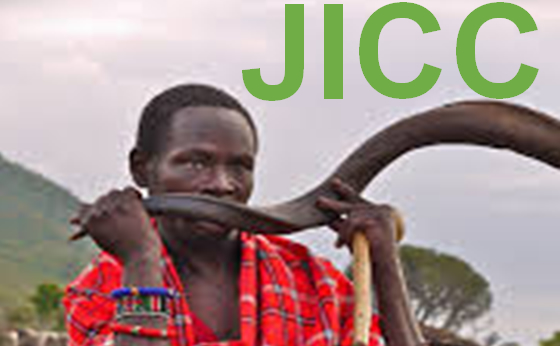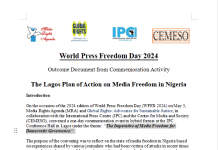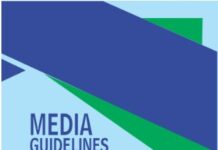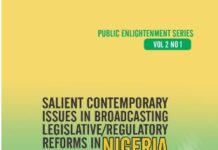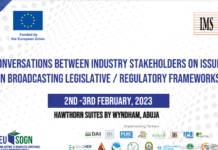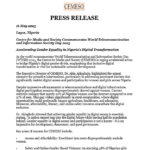Call for Papers for the Maiden Edition
The Editorial Board of the Journal of Indigenous and Community Communication (JICC) hereby invites original research articles, (empirical and discursive/expository), for the maiden edition of the journal that will be published in December 2014. JICC aims at offering space for scholars, researchers and development practitioners to contribute both qualitative and quantitative research findings in form of case studies, community-based situation analysis, reports of community-based interventions, evidence-based policy suggestions and intervention measures, and policy briefs. This volume will explore the theme of Community Communication and Poverty Reduction in Africa, with particular reference to the voices from community’s grassroots.
From recent researches, the number of people living in absolute poverty in Africa is still high compared to most other low-income regions. Reasons given for the soaring numbers are diverse, ranging from leadership, irrelevant policies, failing institutions, human geography, among others. There are however many success stories from different African countries, stories that hardly get to find audience at the national and international levels, stories of people who through their daily struggle contribute to their betterment of their livelihoods. This maiden edition is dedicated to how the community grassroots’ communication mechanisms contribute towards alleviating absolute poverty for those involved. Contributions to this edition should therefore centre on the efforts of knowledge and idea transfer at the very community’s basic level. Key questions around this focus include: In what ways do individuals get to exchange ideas about their own, and community’s development? Who takes initiative in the transfer of these ideas, and what informs this initiative? How (in)effective are these modes of communication? How can these grassroots, community-based communication initiatives become more widely accepted and engaged in dealing with poverty issues in African communities? What are the implications of these modes of indigenous/community-based communications with regards to reducing poverty in Africa?
Articles that explore these and other related questions, and especially field researches that are innovative and original are welcome.
Abstract submission
The first stage is to submit an abstract of a maximum of 300 words. In the abstract, indicate the gap that exists in literature and/or the key research question. It is important to link the key question to poverty and communication. Include the area (geographical) specificity of research in the case of empirical data and methodology, and how the findings will be useful in addressing/answering your research question. Include your name, institutional affiliation and email address. Once the editors have reviewed the abstracts, authors whose abstracts are accepted will be contacted to submit full papers. The deadline for abstract submission is August 10 2014. The abstracts should be submitted to: ayo.ojebode@mail.ui.edu.ng and mbusupa@yahoo.com
Article submission
Full articles should be written using the APA 6th style referencing. The words should be limited to 7,000 including footnotes and list of references (avoid providing bibliography). Briefings and policy briefs that provide review of specific country’s topical issues should be limited to a maximum of 3,000 words. Book reviews that are relevant to the theme of the edition should not exceed 1,000 words. Full articles for this volume are due November 15 2014.
JICC does not accept articles that are under consideration by other publishers. JICC does not compromise on matters of ethics and integrity. All academic articles will be peer-reviewed blind by three reviewers. An article is not recommended for revision unless it has at least two positive reviews. Two reviewers will review briefs and reports by organisations working in communities. JICC also strives to ensure that reviewers’ reports are turned in within six weeks. JICC conducts plagiarism checks on each article submitted to it. Any article that fails the test will be rejected and the author(s) will be barred from publishing in JICC in future.
JICC will be published availed online and in print.
Funding and Outlet
The Nigerian Community Radio Coalition supports JICC. However, we welcome support from other institutions and individuals in Africa and beyond.
JICC Editorial Board:
1. Dr. Ayobami Ojebode – University of Ibadan, Nigeria
2. Dr. Susan M. Kilonzo – Maseno University, Kenya
3. Dr. Tunde Adegbola – African Languages Technology Initiative, ALT-I, Nigeria
4. Prof. Holger Briel – Xi’an Jiaotong Liverpool University, Suzhou, China
5. Prof. Kitche Magak – Maseno University, Kenya
6. Prof. Christopher J. Odhiambo – Moi University, Kenya
7. Dr. Birgitte Jallov – Empowerhouse, Denmark
8. Ms. Jackline A. Owacgiu – Uganda/London School of Economics


